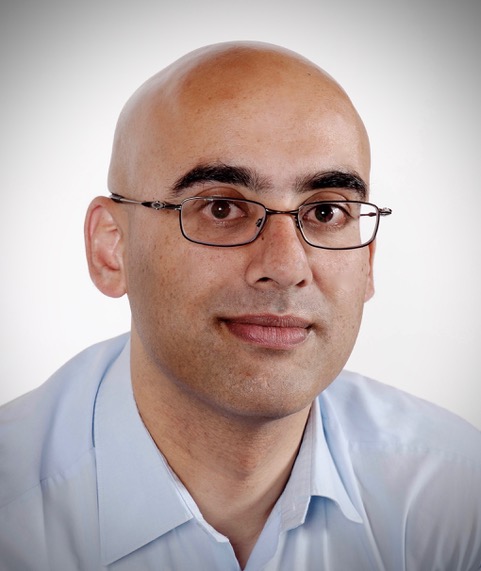Diderot: A Parallel Domain-Specific Language for Image Analysis and Visualization – John Reppy
Diderot: A Parallel Domain-Specific Language for Image Analysis and Visualization Abstract: The analysis of structure in three-dimensional images is increasingly valuable for biomedical research and computational science. At the same time, the computational burden of processing images is increasing as devices produce images of higher resolution (e.g., typical CT scans have gone from 128^3 to … Diderot: A Parallel Domain-Specific Language for Image Analysis and Visualization – John Reppy
